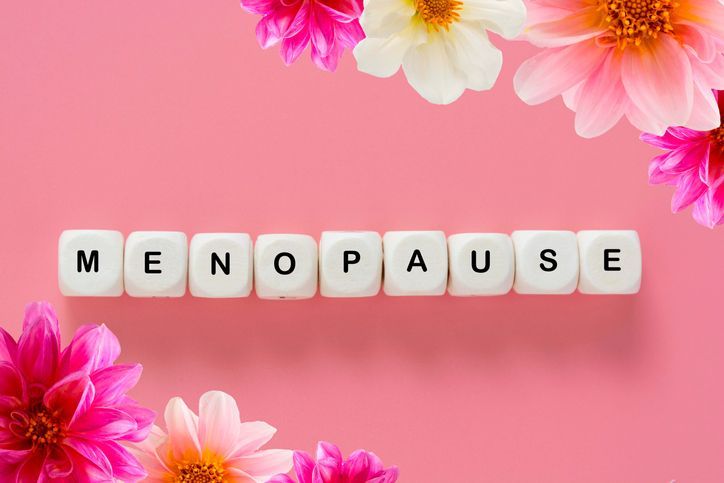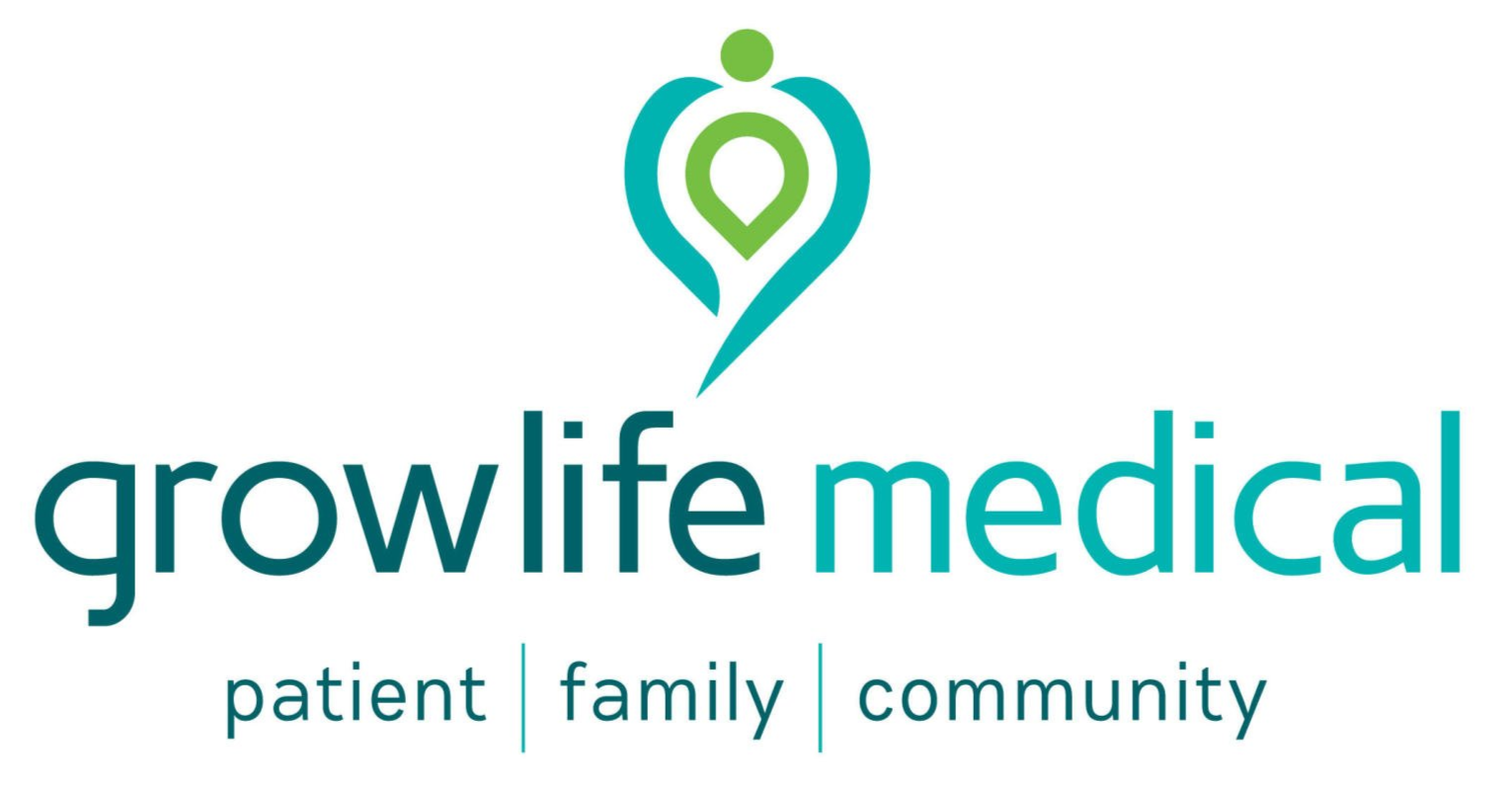What is Menopause?

Menopause is a natural biological process that marks the end of a woman's reproductive years. It typically occurs between the ages of 45 and 55 and is characterized by a decrease in oestrogen production by the ovaries. As oestrogen levels decrease, women may experience a variety of symptoms, which can vary in intensity and duration.
These symptoms can include:
- Hot flushes: a sudden feeling of heat, often accompanied by sweating, that can last for several minutes.
- Night sweats: hot flushes that occur during sleep, often causing insomnia or interrupted sleep.
- Vaginal dryness: a decrease in natural lubrication that can cause discomfort during sexual intercourse.
- Mood swings: changes in mood, including irritability, anxiety and depression.
- Fatigue: a feeling of tiredness or lack of energy. May include brain fog.
- Weight gain: an increase in body weight, particularly in the abdominal area.
- Thinning of the skin and hair
- Loss of libido: a decrease in sexual desire.
- Urinary urgency: increased frequency and an urgent desire to pass urine sometimes leading to incontinence.
- Joint pains and itchy skin.
What about Perimenopause?
Perimenopause is the period of time leading up to menopause, when the body begins to transition from regular ovulation and menstruation to the permanent cessation of menstrual periods. It usually begins in a woman's 40s but can start earlier or later. Perimenopause can last several years before menopause is reached, and symptoms can vary in intensity and duration. During perimenopause, hormone levels fluctuate, and women may experience a range of symptoms that are similar to those of menopause above, along with irregular menstrual cycles. In this phase, menstrual cycles may be shorter or longer, and bleeding lighter or heavier than usual.
It is important for women to talk to their GP about any changes they are experiencing during perimenopause, as some symptoms can be a sign of other medical conditions. Regular check-ups and screenings can also help to identify any health issues that may arise during this time of transition.
What are the treatment options?
There are several treatments available to manage perimenopause/menopausal symptoms, including:
- Menopausal Hormone Therapy (MHT): also known as ‘Hormone Replacement Therapy (HRT)’. This involves taking oestrogen and also progesterone (if you have a uterus) to replace the hormones that the body is no longer producing. MHT can be given in the form of tablets, patches, creams or a progesterone IUD. This is the most effective treatment for peri/menopausal symptoms.
- Non-hormonal treatments: these include anti-depressant medications such as serotonin and noradrenaline reuptake inhibitors which can help manage hot flushes/night sweats and improve emotional symptoms.
- Vaginal oestrogen cream or pessaries: used to alleviate vaginal dryness and discomfort during sexual intercourse and also improve urinary symptoms.
- Lifestyle changes: these can include regular exercise, a healthy diet, and stress management techniques such as meditation and yoga.
Some women may choose to use MHT for many years to manage menopausal symptoms, other may prefer to use it for a shorter period of time. There is some evidence to suggest that MHT may be most effective for managing symptoms in the early years of menopause.
It’s important to note that menopause is a natural process and not a disease, and many women experience few or no symptoms. If you are experiencing bothersome symptoms, it’s important to talk to your GP to determine the best treatment approach for you.
Everyone seems to have a different opinion about menopause treatment options. What should I do?
One controversy in menopause management surrounds the risk associated with long-term use of MHT. In the early 2000s, several large studies raised concerns about an increased risk of breast cancer, heart disease, stroke, and blood clots. As a result, many women stopped taking MHT. However, more recent studies have suggested that the risks are lower than previously thought, particularly for women who start MHT soon after menopause and use body identical hormones. There are also many benefits of taking MHT including a lower risk of osteoporosis, endometrial cancer, colon cancer and cataracts.
Another controversy surrounds the use of bioidentical hormones. Bioidentical hormones are often marketed as a safer and more natural alternative to traditional HRT. However, there is little safety data or evidence to support the use of bioidentical hormones, and compounded formulations may be of uncertain purity or potency. The Australian menopause society advises against using these. Nowadays many menopause hormone therapies prescribed by your doctor are ‘body-identical’ which means they contain hormones identical to those produced in the human body.
While regular exercise, a healthy diet and stress reduction techniques are beneficial for many women, there is limited scientific evidence to support the use of alternative therapies such as herbal supplements, acupuncture or homeopathy.
It is important for women to discuss the risks and benefits of menopause management strategies with their GP, and to make informed decisions based on their individual needs and preferences.
To schedule an appointment with your Growlife Medical GP, BOOK HERE
Good sources of further information are www.jeanhailes.org.au and www.menopause.org.au
Connect
Clinicians: please forward clinical correspondence via Medical Objects Secure Messaging. Fax no longer accepted.
